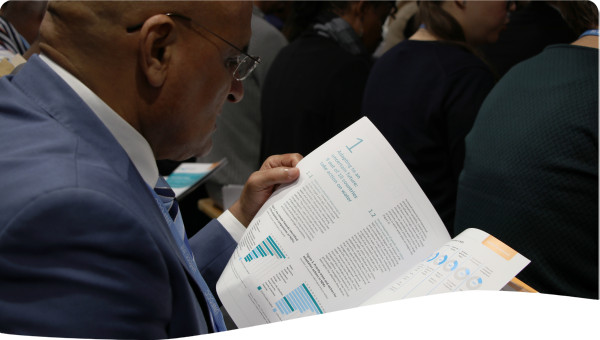In many semiarid regions with irrigation, the depletion rate of groundwater resources has increased substantially during the last decades. A possible reason for this is that the price that users pay for their water does not reflect its scarcity and value. An alternative way to assess the perceived value of water is calculating its shadow price, which is defined here as the marginal value produced, and relates to the efficiency gain from current reallocation. Here we determine the shadow price of water used for irrigation for the most important groundwater-depleting countries and for four staple crops and one cash crop. To quantify the shadow price, the relation between the output and the water input is represented using production functions. We use globally available panel data on country-specific crop yields and prices together with crop-specific water consumption, calculated with the global hydrological model PCR-GLOBWB, to parameterize the production function by country and crop with econometric analyses. Our results show that the variation of shadow prices for staple crops within several countries is high, indicating economically inefficient use of water resources, including nonrenewable groundwater. We also analyze the effects of reallocating irrigation water between crops, showing that changes in water allocation could lead to either an increase in the economic efficiency of water use or large reductions in irrigation water consumption. Our study thus provides a hydroeconomic basis to stimulate sustainable use of finite groundwater resources globally.
Description / Abstract
Publication year
Publisher
Thematic Tagging
English
 Resource -
Resource -
